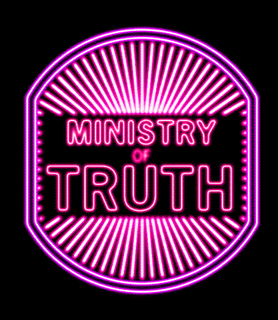The following censorship instructions, issued to the media by government authorities, have been leaked and distributed online. The name of the issuing body has been omitted to protect the source.
Today, March 14: Pay attention to online information related to Tibet. If you find harmful information, promptly report and deal with it. New media on politics and law must take care not to stir up negative public sentiment regarding Tibet.
Tomorrow, March 15: New media on politics and law should put out a lot of content promoting consumer rights protection. Take care to disseminate this in a way that’s accessible to the masses. (March 14) [Chinese]
March 14 is the anniversary of the outbreak of unrest in Lhasa in 2008, which subsequently spread to other Tibetan areas. Rallies were held in Dharamsala on Wednesday to mark the date.
March 15 is World Consumer Rights Day, which according to Consumers International offers “a chance to demand that the rights of all consumers are respected and protected, and to protest against market abuses and social injustices which undermine those rights.” State broadcaster CCTV vigorously seizes this opportunity each year, often with an emphasis on the transgressions of foreign companies. Reuters’ Pei Li and Adam Jourdan report on this year’s broadcast:
The late evening China Central Television (CCTV) show named and shamed the German carmaker [Volkswagen] for engine defects with its Touareg SUV, prompting an apology from the company as it looked to salve consumer concerns in the world’s largest auto market.
“We sincerely apologise again for any inconvenience and concern this issue may have caused our customers,” Volkswagen said in a statement, adding it had already filed a recall plan in China related to the issue.
The show, known as “315” in reference to global consumer rights day on March 15, has snagged a number of major names. Last year, it turned its spotlight on U.S. sports brand Nike (NKE.N) for misleading advertising.
[…] China’s bike-sharing industry, which has boomed since 2016 backed by huge venture capital funding, was also criticised on the show after a number of smaller firms went under and failed to pay back deposits to users.
Companies are, however, becoming more savvy at deflecting criticism, with public relations teams set up in advance to respond if they are targeted. [Source]
For background on CDT’s "Directives from the Ministry of Truth" series, see PEN America’s new report, "Forbidden Feeds."









